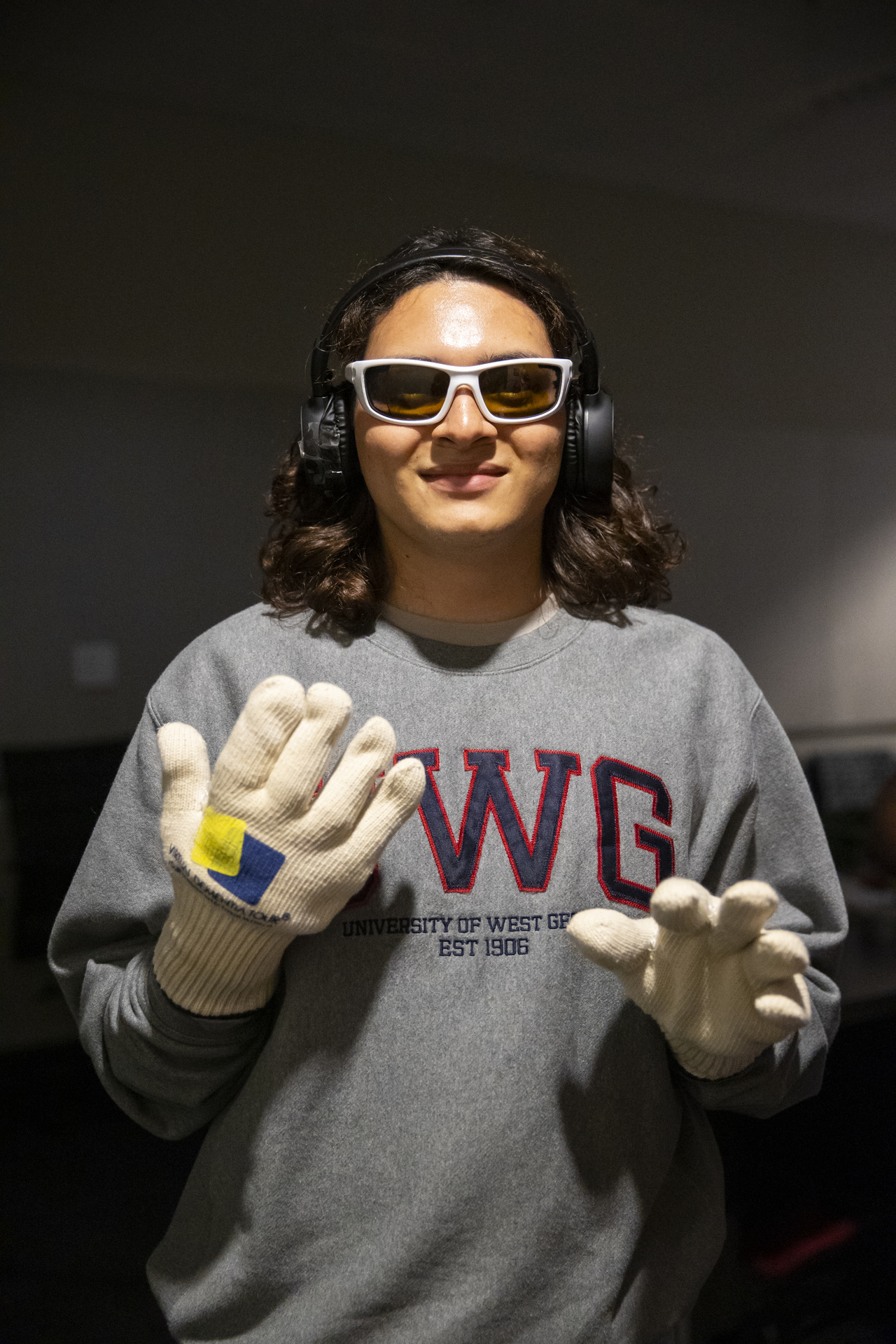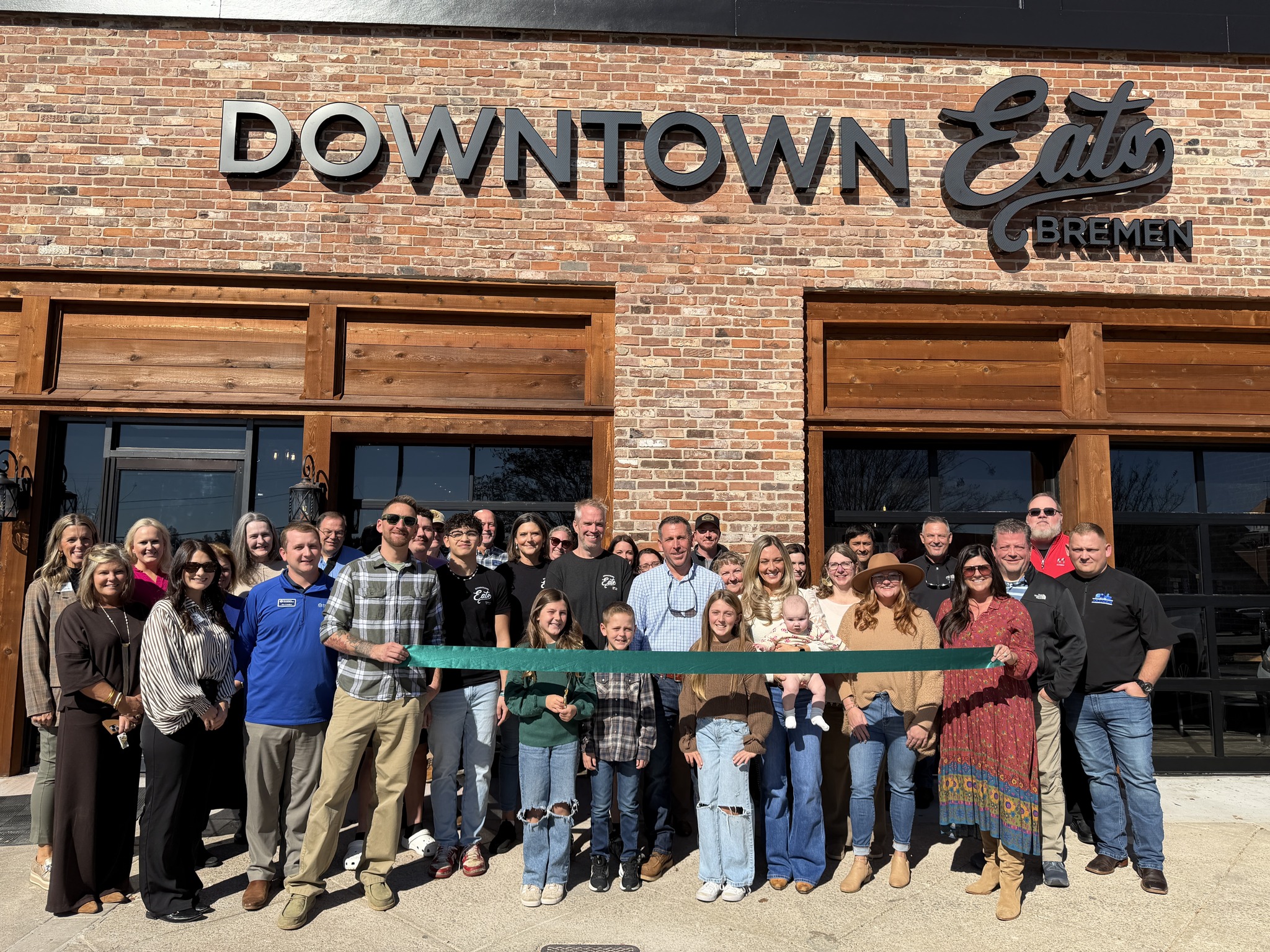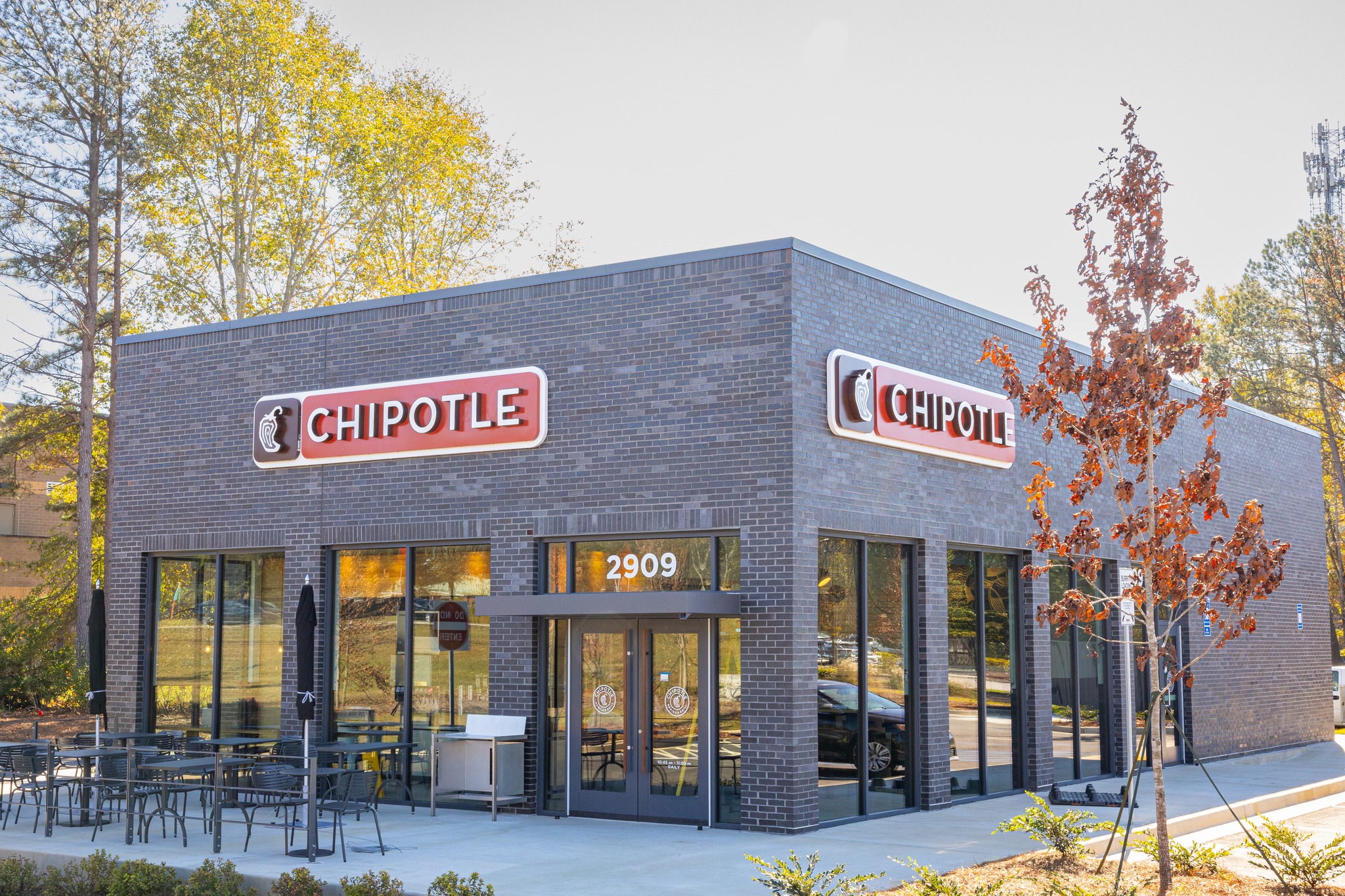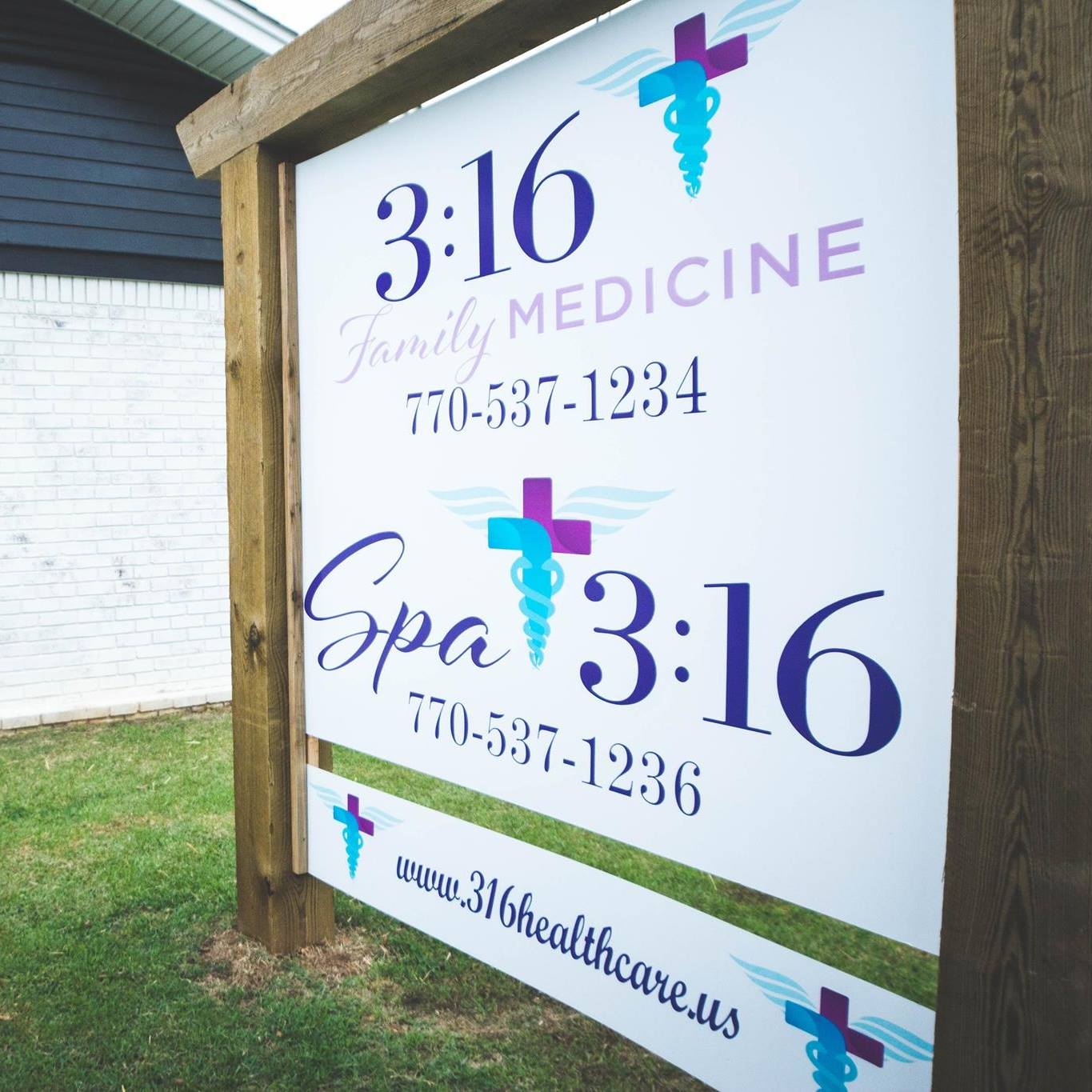With the United States population aging rapidly, advancing our understanding of age-related conditions that lead to cognitive decline is critical to developing effective treatments, improving early diagnoses and enhancing care strategies.
The University of West Georgia is well-positioned to support the employment pipeline needed to meet the demands of this growing industry of caregiving, healthcare and social services. Experiential learning is a large part of this career preparation, and recently, UWG was a stop on the Three Rivers Regional Commission’s Virtual Dementia Tour to give students and faculty a chance to build empathy and understanding for those facing these challenges.
“UWG offers many pathways related to aging, whether it’s from a nursing, social or health education perspective, and we’re fortunate to have community partners who specialize in these areas who we can collaborate with to provide valuable experiential learning opportunities such as this,” said Dr. Emily McKendry-Smith, professor of sociology. “This particular simulation, through education and outreach, provided students with an enhanced understanding of what this looks like in practice, beyond what we could give them in class.”
Outfitted with dark glasses to simulate tunnel vision, special insoles that mimicked neuropathy and thick gloves to hinder dexterity, participants were able to experience some of the sensory and cognitive challenges those living with dementia face daily. McKendry-Smith said although students seemed initially anxious at first, she and other faculty members noticed a shift in attitudes and perspectives towards aging and elder care.
“Many were interested in this topic but may not have thought particularly about barriers facing people with dementia as far as going about their daily lives in society,” she explained. “Students are now expressing greater empathy because they have a better understanding of what these people are facing.”
In the United States, the population aged 65 and over is experiencing the fastest growth in nearly 150 years, according to the U.S. Census Bureau. This rapid aging is largely driven by the aging of the Baby Boomer generation, who began turning 65 in 2011. That population grew by 38.6% between 2010 and 2020, reaching 55.8 million and representing 16.8% of the total population.
With no cure yet, advancing the understanding of dementia is critical to developing effective treatments, improving early diagnosis and enhancing care strategies. As the population ages, the urgency grows – not only to alleviate the emotional and economic toll on caregivers and healthcare systems but to preserve the dignity and quality of life for those living with the disease.
Three Rivers Regional Commission is a 10-county regional planning commission that includes the West Central Georgia area counties of Butts, Carroll, Coweta, Heard, Lamar, Meriwether, Pike, Spalding, Troup and Upson. Each of these counties benefit from the services provided by Three Rivers, which include aging services, workforce development, transportation, and local and regional planning.
Although the event was spearheaded by the sociology program, the topic applies to a gamut of studies, making UWG uniquely positioned to explore aging and all the changes that accompany it.
“UWG has so many strong programs related to aging – psychology, social behavioral health, nursing and health education, to name a few,” McKendry-Smith said. “And not only do we have many ways to approach this academically, but we also have various ways to study this in and out of the classroom. We regularly send interns to Three Rivers and the Carrollton Senior Center, and they’ve hired several of our alumni. Whether you’re an undergraduate thinking about going into a wellness field or someone currently working in healthcare, UWG is a great step on your career pathway.”








